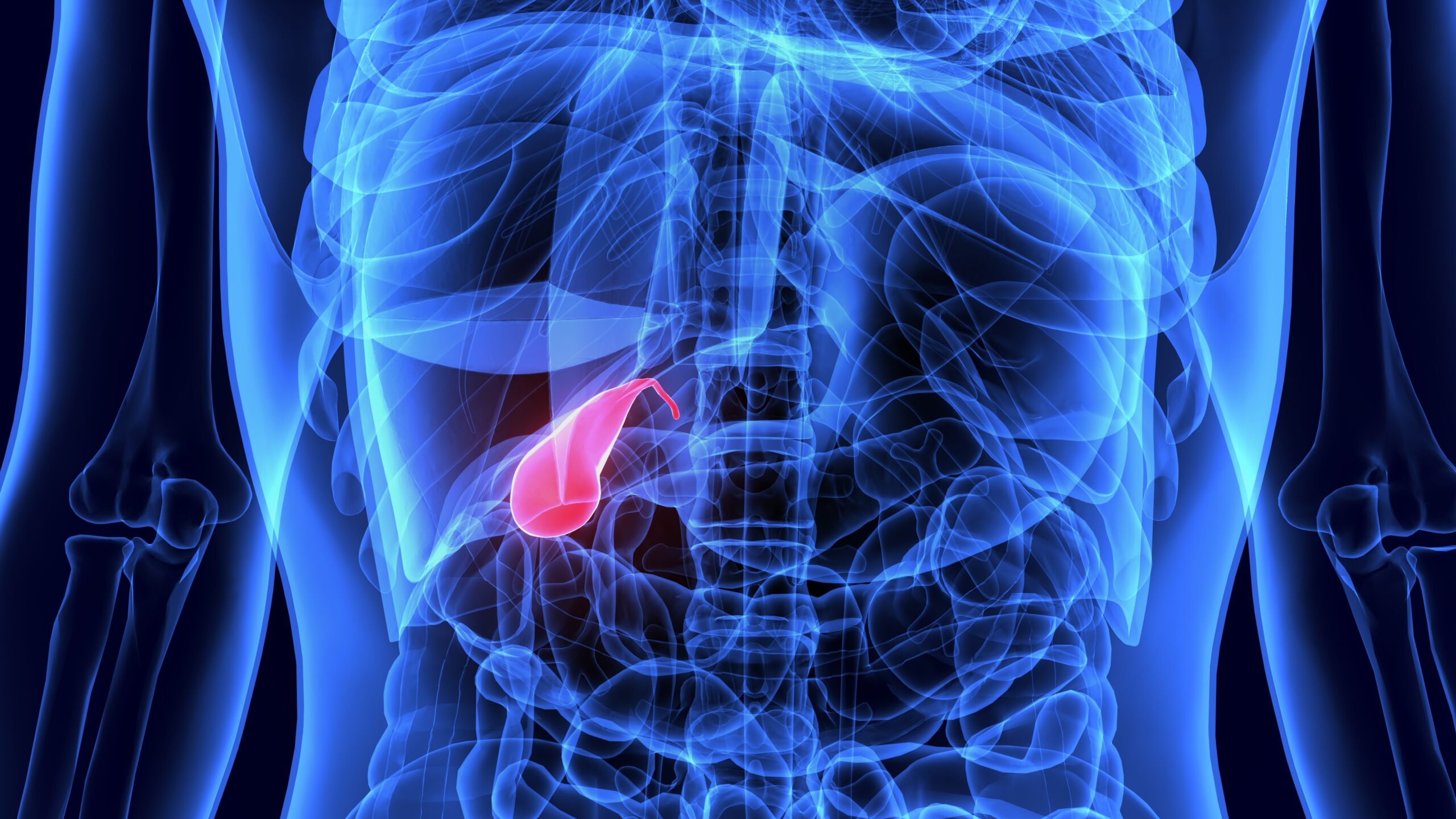
What is a Gallbladder?
The gallbladder is an organ located under the liver. A storage organ for bile and when full it is about the same size as a pear.
What Does My Gallbladder Do?
The gallbladder is a small pouch that stores bile produced from the liver between meals. Bile is released into the upper small intestine from the gallbladder when eating to assist in the digestion of fat allowing nutrients to be absorbed easily.
Gallbladder complications can include:
- Inflammation (cholecystitis)
- Gallstones
- Gangrene
- Gallbladder disease
- Abscesses
- Tumors
- Pancreatitis from gallstones
Symptoms of possible gallbladder complications are very similar, including pain in the mid to upper abdomen, vomiting/nausea, fever or chills, diarrhea, unusual stool and urine color or jaundice.
Is My Gallbladder an Essential Organ?
The gallbladder is an organ in which the body can still function without. If you experience symptoms of gallbladder complications, speak with your primary care provider as they can order different tests, such as CT, ultrasound, or HIDA scan to determine if the gallbladder is causing symptoms. If your provider determines that surgery is needed, it can be performed laparoscopically (surgery performed on your stomach or abdomen area) and as an outpatient procedure.
Have you experienced unusual abdomen pain? Make an appointment with one of our UofL Physicians – Primary Care providers to start your journey to a healthier you.









